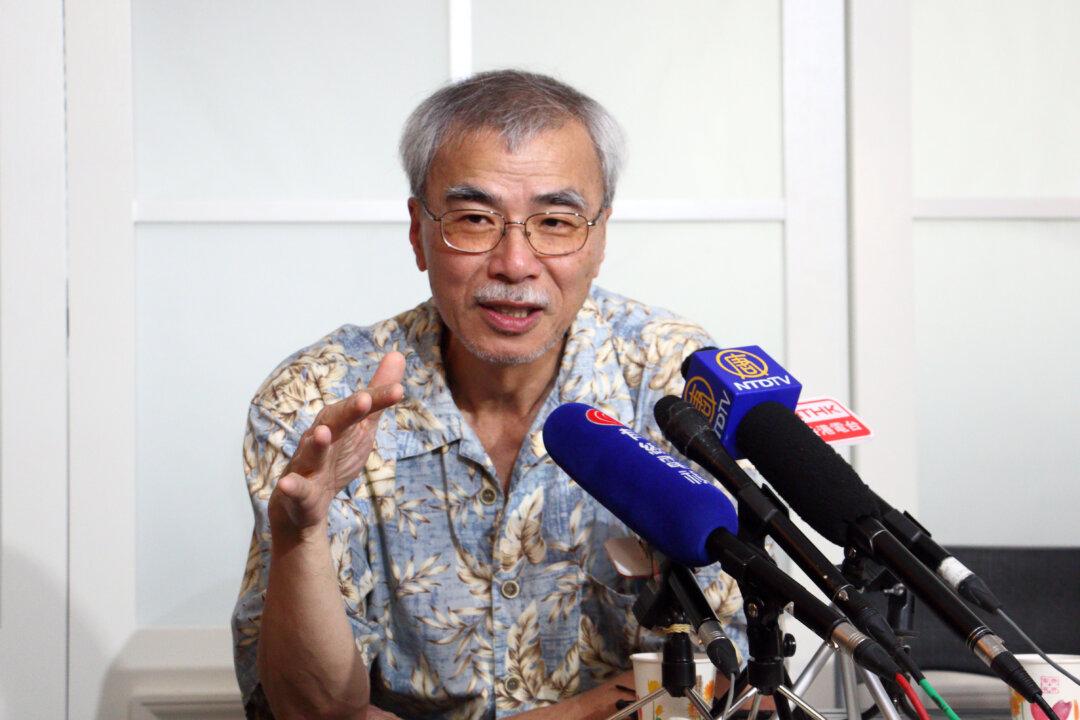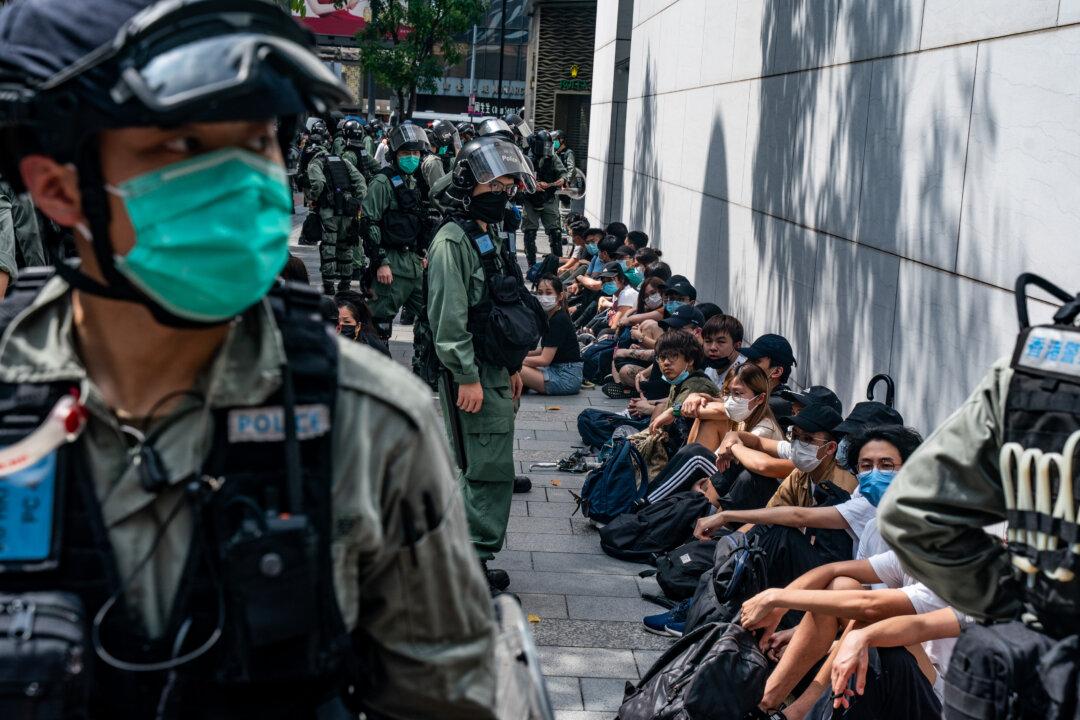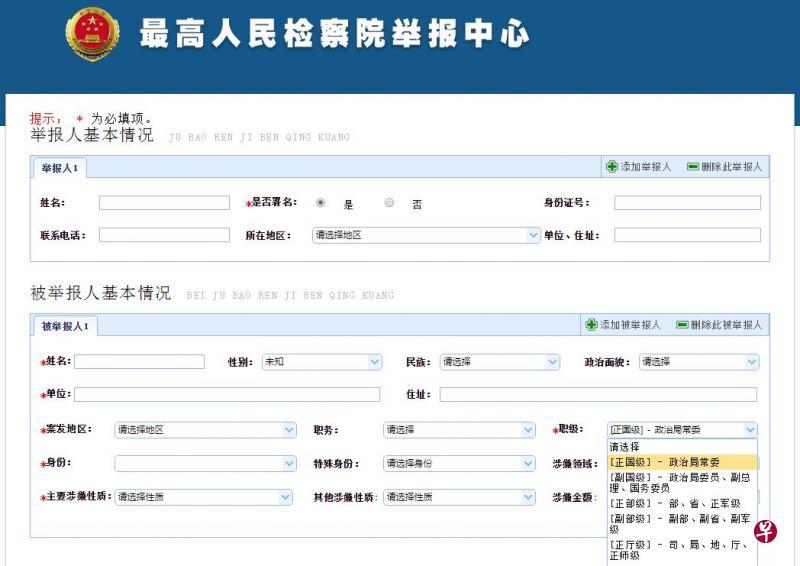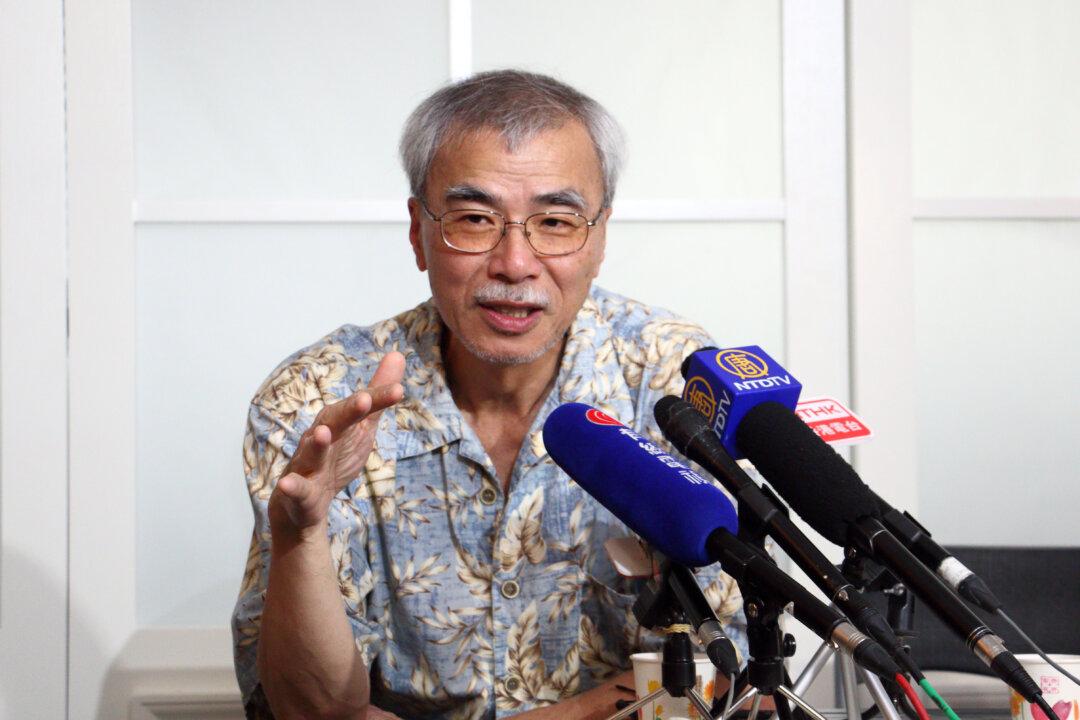The Hong Kong Economic Journal (HKEJ) has abruptly cancelled the column of its former lead writer and veteran commentator Joseph Lian Yi-zheng in a business restructure and overhaul.
Lian’s termination, which occurred as the September Legislative Council election approaches, has caused much discussion and indignation.
An assistant professor of journalism at Baptist University, To Yiu-ming, noticed that the HKEJ has driven away many columnists over the past few years, and the newspaper has been tightly controlled. Since media freedom keeps shrinking, some columnists have begun to write columns for the Chinese edition of Epoch Times in Hong Kong, To said.
To thinks the closure of Lian’s column must have been under the influence of the Chinese regime.
He believes Lian’s articles are an important asset for the HKEJ, and the removal of his column is unfavourable to the newspaper’s business, reputation, and experience; so the decision must have been made under political pressure.
He worries that the column of Lam Hang-chi, the founder of the newspaper, might be at risk as well.
Senior journalist Ching Cheong thinks axing Lian was not a smart decision. He said the HKEJ needs to compete with the Hong Kong Economic Times, and its price is also HK$1 more expensive than other newspapers. Its commentary columns are what makes it stand out, he believes.
Lian posted his last column in the HKEJ on Aug 1.
“I don’t think freedom of speech is gone in Hong Kong,” he stated. “Such freedom as a core value runs deep in our blood, and thus any plot to silence the people will ultimately be of no avail.”
HKEJ founder Lam criticized the disrespectful way the current editor-in-chief handled the case in his column on Aug 2.
“No matter how unspeakable the real reason is or what kind of pressure the current chief editor is being faced with, the manner in which she turned away Dr Lian was utterly disrespectful and, to some extent, a disgrace to journalistic values,” Lam wrote.
Veteran cartoonist Yuen Chow-tai, who publishes under the name Yat Muk, has announced his resignation from the HKEJ to support Lian. Yat Muk has been working for the newspaper for 28 years.
“This is no longer the HKEJ that I know,” he said.





